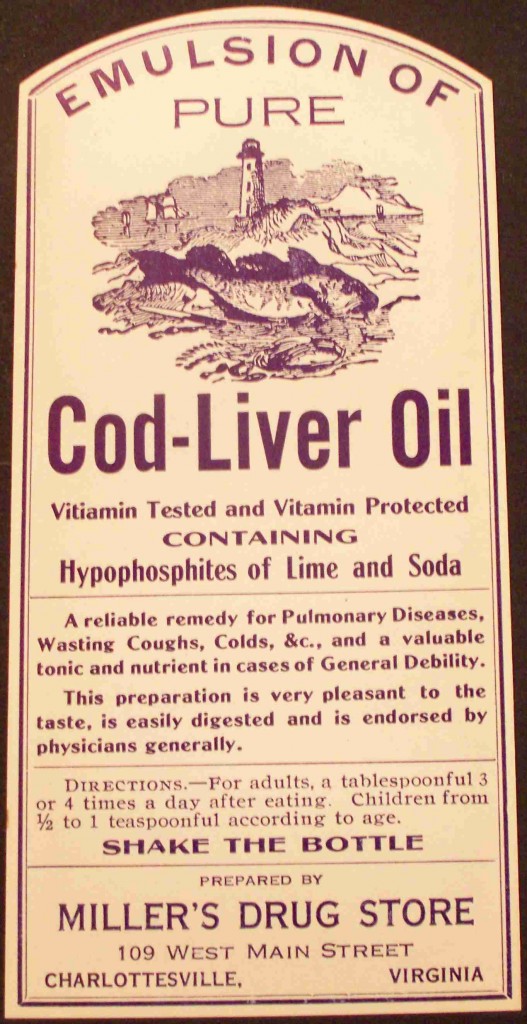
The possibility that vitamin D could help protect people from developing multiple sclerosis (MS) has been posited by researchers in recent decades, but evidence to support that link has been scant. In the first large-scale, prospective study to investigate the relationship between vitamin D levels and MS, researchers at the Harvard School of Public Health (HSPH) have found an association between higher levels of vitamin D in the body and a lower risk of MS. The study appears in the December 20, 2006, issue of the Journal of the American Medical Association.
“If confirmed, this finding suggests that many cases of MS could be prevented by increasing vitamin D levels. Although these levels could be increased by taking supplements, before any recommendation is made it is important to establish whether we are seeing a true causal association or whether vitamin D levels are only a marker of MS risk,” said Alberto Ascherio, senior author of the study and associate professor of nutrition and epidemiology at HSPH.
MS is a chronic degenerative disease of the central nervous system. It affects some 350,000 people in the U.S. and 2 million worldwide, and occurs most commonly in young adults. Women, who are affected more than men, have a lifetime risk of about 1 in 200 in the U.S. Vitamin D is a hormone manufactured naturally in the body, and its levels can be increased with exposure to sunlight, consumption of foods rich in vitamin D, such as fatty fish, and by taking supplements.
The researchers, led by Ascherio, worked in collaboration with colleagues in the U.S. Army and Navy to determine whether vitamin D levels measured in healthy young adults predict their future risk of developing MS. The investigation relied on a study population of more than 7 million individuals, whose serum samples are stored in the Department of Defense Serum Repository. Between 1992 and 2004, 257 U.S. Army and Navy personnel with at least two serum samples stored in the repository were diagnosed with MS. A control group, consisting of participants who did not develop MS, was randomly selected from the study population. Serum samples were analyzed for levels of 25-hydroxyvitamin D, a good indicator of vitamin D availability to tissues, and individuals were divided into five groups of equal size according to their average levels. Because vitamin D levels are strongly influenced by skin color, separate analyses were conducted among whites, blacks, and Hispanics.
The results showed that, among whites, MS risk declined with increasing vitamin D levels–the risk was 62% lower among individuals in the top fifth of vitamin D concentration (corresponding approximately to levels above 100 nmol/L or 40 ng/mL) than among those in the bottom fifth (approximately below 63 nmol/L or 25 ng/mL). The association was strongest among individuals who were younger than 20 when they first entered the study. No significant association was found among blacks and Hispanics, possibly because of a smaller sample size and the lower levels of vitamin D found in those groups. The average age of onset of MS cases was 28.5 years old; there was no significant difference in the results between men and women.
“The results of this study converge with a growing body of experimental evidence supporting the importance of vitamin D in regulating the immune system and suppressing autoimmune reactions, which are thought by most experts to play a key role in the development of MS,” said Ascherio. Kassandra Munger, first author and a doctoral candidate in nutrition at HSPH, added, “The amount of vitamin D that is needed to reach levels associated with MS protection is largely considered safe, and in fact higher vitamin D levels could be beneficial to prevent osteoporosis and other chronic diseases.”
The researchers note that there could be other possible explanations for the protective role of vitamin D. For example, it’s possible that exposure to UV light from the sun–the major determinant of serum levels of 25-hydroxyvitamin D–could protect people in other ways than increased vitamin D production.
The authors suggest further studies exploring how vitamin D may protect individuals from developing MS. “Although the results of this study are quite encouraging, reasonable certainty of a protective effect of vitamin D supplements requires direct experimental evidence in a large trial. Meanwhile, we are planning to expand our study to obtain more accurate data on the importance of age and of the vitamin D levels that need to be achieved for optimal protection,” said Ascherio.



